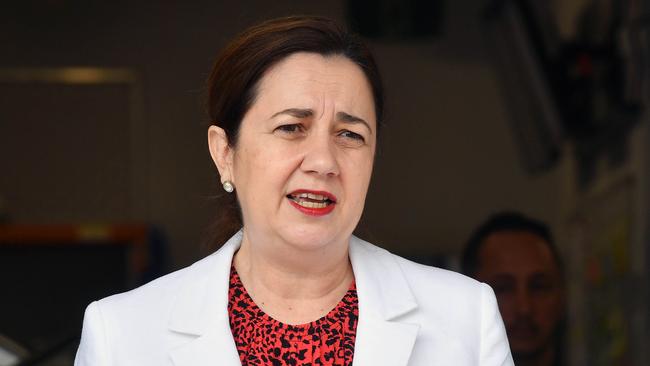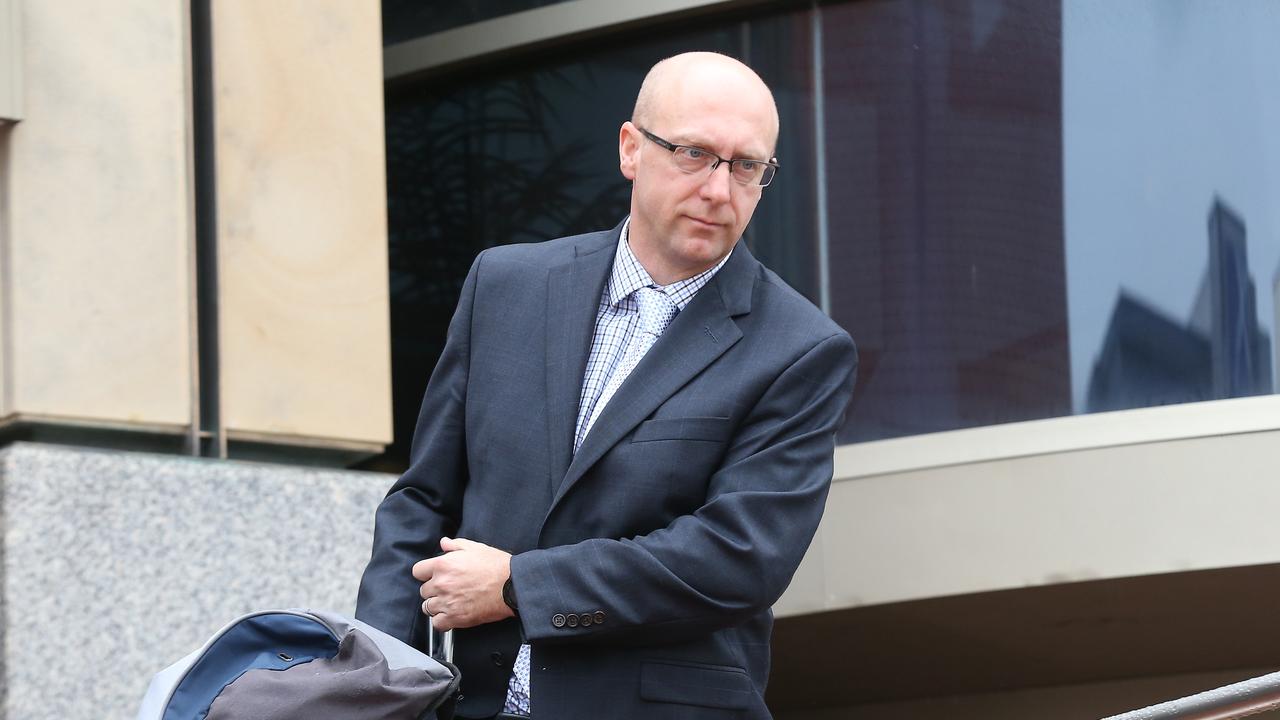Coronavirus: Queensland’s border closure irrational, discriminatory, says silk
The closure of Queensland’s borders has not hurt the tourism businesses, according to documents filed with the High Court by the Palaszczuk government.

The closure of Queensland’s borders has not hurt tourism businesses, according to documents filed with the High Court by the Palaszczuk government this week.
Queensland’s Chief Health Officer Jeannette Young and the government “do not admit” that the border closure has hurt the companies that are challenging the restrictions, they show.
The six plaintiffs allege the border closure is invalid because it goes beyond what is necessary to control the spread of COVID-19.
And, they claim, the closure has imposed financial hardship on their businesses and breached their constitutional right to travel freely throughout the nation.
The parties to the challenge — who have engaged prominent Sydney barrister Guy Reynolds SC — are seeking an urgent High Court hearing on Wednesday to force Dr Young and the government to disclose the materials they relied upon when they closed the borders.
Mr Reynolds told Chief Justice Susan Kiefel last week that this material was needed to prove there were no reasonable grounds for the border closure.
He told a directions hearing the border closure was “irrational” and had possibly been made for “an improper purpose”. “There were irrelevant factors taken into account and a failure to take into account relevant factors,” Mr Reynolds told the High Court last Thursday.
The border closure was discriminatory because it introduced rules for Queensland residents that were relatively lenient while the restrictions on non-residents were much more onerous, he said.
“We want the documents relied on and any record of the reasons for the decision to be provided immediately,” Mr Reynolds told the court. “We have been waiting for it and have been requesting it since May 26.’’
Chief Justice Kiefel declined last week to order the production of that material but lawyers for the parties to the challenge are now expected to seek a subpoena requiring their production.
The lead plaintiff in the challenge is Travel Essence, a travel agency based at Mount Ommaney in suburban Brisbane, which says it continues to suffer financially because of the border restrictions.
The other parties include a Cairns charter-boat operator, a national linen-hire service, would-be travellers from Sydney and a resident of Queensland’s Bribie Island.
The latter says he has been unable to travel regularly to other states and return to Queensland.
The government’s defence denies that the border closure is invalid and says health risks associated with COVID-19 are a substantial threat to the safety of the state and its people.
A schedule to the defence says Aborigines and Torres Strait Islander people in Queensland have an increased risk of severe disease or mortality from COVID-19 because they are subject to pre-existing medical conditions at 2.3 times the national rate. It says that 4.6 per cent of the Queensland population is indigenous, compared with 3.3 per cent nationally.
“The purpose of the border restriction direction is to protect persons within Queensland from the health risks associated with COVID-19,” the defence document says.
The government and Dr Young denied that the border closure had imposed any disability or discrimination but, if there was, it was reasonably necessary, it says.
However, Travel Essence and the other parties to the challenge have told the High Court there were “obvious and compelling” alternatives to closing the border.
They included confining the border movement so it applied only to people from those jurisdictions that had recorded a COVID-19 case within 28 days.
On Tuesday, Premier Annastacia Palaszczuk said she would not bring forward the easing of restrictions, which would be considered before the end of the month.
“Let’s not forget, we are coming out of a world pandemic,” she said. But she said she was “very encouraged” by the low rate of coronavirus transmission, with only three active cases remaining in the state.



